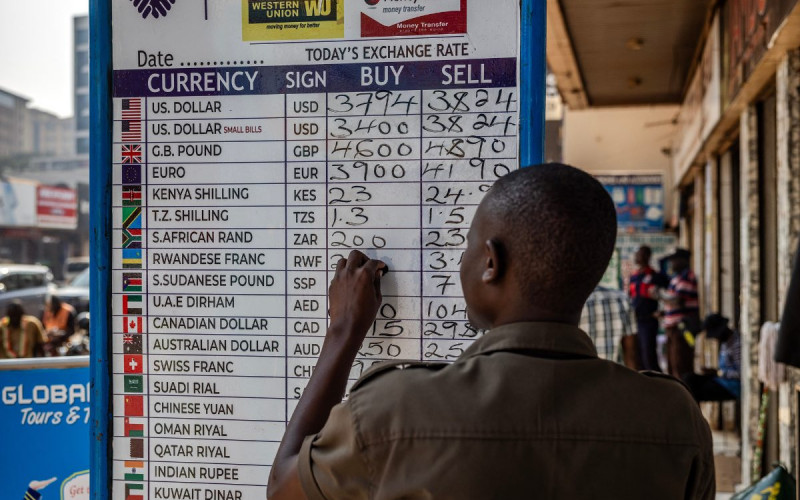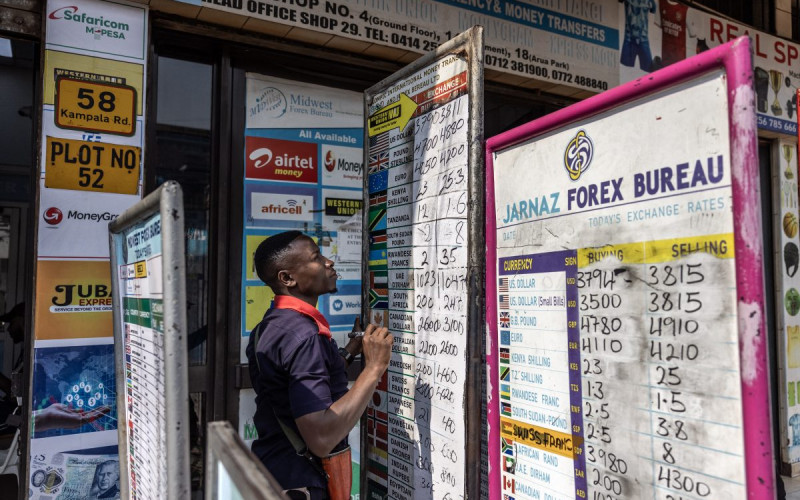One of Africa’s crucial endeavours has been to build economies of scale through the process of regional integration. Regional integration became popular on the continent following the independence of most African states in the early 1960s.
This resulted in a proliferation of integration schemes, particularly in the 1970s. Today, Africa has the largest number of such agreements (14) found in any region of the world.
However, despite the high number of African regional integration schemes, their record at improving intraregional trade, attracting foreign direct investment and fostering economic growth has been dismal.
The Abuja Treaty, which came into force in 1994, seeks to drive regional integration in a more focused manner by establishing an African Economic Community by 2028 that is based on six regional economic communities.
The building blocs for this grand vision are: the Arab Maghreb Union; the Community of Eastern and Southern African States; the Economic Community of Central African States; the Economic Community of Western African States; the Intergovernmental Authority on Development and the Southern African Development Community.
However, the common market vision has proved both elusive and overambitious. Formal intraregional trade in all communities is less than 11%. The basic verdict is that most trade takes place with countries outside the region, especially the US and the European Union.
This status quo reflects some of the problems the regional economic communities face. These include endemic economic crises, the dominance of primary goods in Africa’s trade (making up more than 80% of export earnings), a lack of diversification, an unequal level of development in regional blocs, poor infrastructure, the financial problems of regional economic communities due to tardy payment of membership fees, and crises in governance.
These problems have been compounded by a lack of commitment to regional integration and setting of unrealistic targets. African leaders have been quick to sign a variety of protocols, these have not been implemented at a domestic level. Also, there is a problem of cross-cutting membership.
What is the way forward for Africa? There are two schools of thought. First, there is a belief that regional integration is going nowhere in Africa and that the regional economic communities are costly, self-perpetuating institutions. This school believes it is up to the ‘big states’ of Africa (South Africa and Nigeria) to drive economic co–ordination and integration.
Second, there is a view that regional integration is in the interest of all African states but that a rethink is required of how the issue is approached. The latter view calls for the reduction in overlapping memberships of RECs, which by their varied nature dilute commitment to regional integration and places an untenable administrative burden on members.
This school argues member countries should set realistic targets that are also implemented. Therefore, regional institutions should be strengthened with real monitoring and sanctioning capabilities to ensure that commitments made at summit level are followed through.
To realise full benefits of regional integration, there must be a gradual co-ordination of macroeconomic policies within each regional economic community. This should include harmonisation of fiscal and monetary operations of all financial institutions and the setting of uniform targets and timeframes.
Given the volatility of primary commodity prices, African countries must also move away from their excessive dependence on such exports and diversify their product base. This will improve their trade performance and stabilise export earnings, thus reversing Africa’s marginalisation in global trade.
Lastly, as the WEF summit sets out to propose, regional integration should also be expanded from a government-led process to involve the private sector. Regional integration will only succeed if it engages the real drivers of local and regional economies more directly.
Now is the time for governments to respond aptly by ensuring the creation of an enabling environment supported by political commitment to regionalism.







